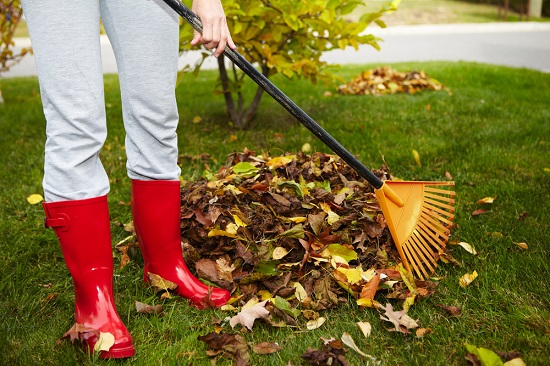
Winter can cause lawn damage, especially in areas that are subject to snow and ice. These lawn care steps will help you protect your shrubs, trees, plants and trees from the effects of snow, wind, ice and cold temperatures if you live in a cold or cool winter climate.
Lawn Care Tips: Prepare Your Lawn for a Longer Winter’s Nap
Remove leaves and debris These items can smother your lawn, stop new grass growth, or worse, even kill it.
Cut grass shorter.
The lawn should be cut to 3 to 3.5 inches during the growing season. However, the final lawn cutting should not exceed 2 to 2.5 inches in order to prevent new growth and reduce lawn feeding grounds for pests.
Before the first freeze, fertilize and aerate. Although your Charleston landscaping will not use fertilizer during its dormant phase, it will start to absorb nutrients once the weather warms up.
Protect Shrubs and Trees
Mulch. Mulch shrubs, trees and plants to provide winter protection. Mulching can be used to prevent erosion and water loss. Mulch can be applied to the soil for a 2-inch thickness. This will help reduce water loss and maintain a uniform soil temperature around roots.
Winter is the best time to prune most plants. For most pruning, the best time to prune your landscape is in the late winter. Pruning in the late winter before spring growth starts leaves new wounds exposed for a very short time before new growth begins.
Water loss prevention is important. To help reduce water loss from plants, apply anti-transpirants, especially to evergreens. This is similar to sweating. To protect valuable evergreens against salt spray and winter winds, burlap wrapping can be used.
Be aware of the dangers of snow and ice for your yard maintenance. You can tie branches that are susceptible to snow loads together. To remove snow from low branches, brush it off the trees rather than shaking them. This will prevent them from breaking. As disease-prone trees, limbs that have broken from snow or ice should be removed.
Wire mesh can be applied to the base of young trees. This will prevent nuisance wildlife from gnawing at your tree’s base.
Minimize Salt Damage
Salt and melting agents of snow and ice can cause damage to plants and trees, drawing water from their roots. You can flush out excess salt by adding plenty of water to the soil.
Call Porter Hayes Landscaping LLC for all your lawn care and landscaping needs.
Porter Hayes Landscaping LLC
Charleston, SC 29419
(843) 532-3270
http://www.porterhayeslandscaping.com/
No comments:
Post a Comment